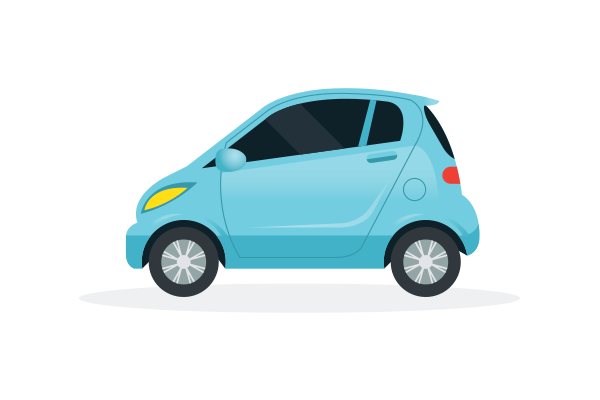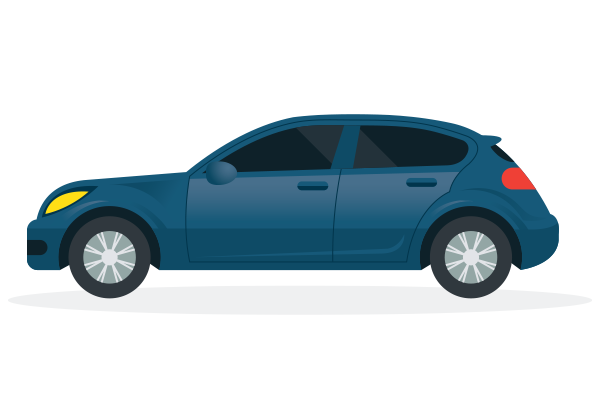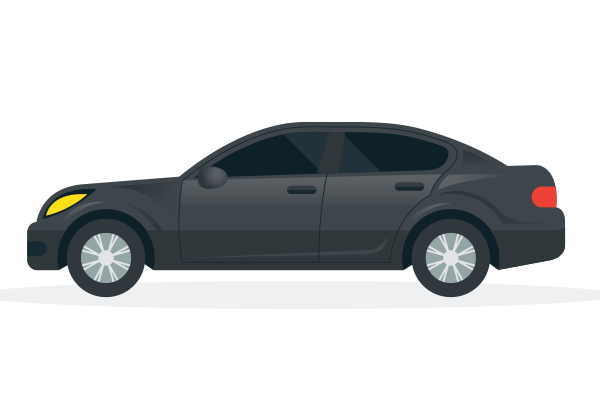Fuel Types
When considering a short-term car lease or flexible car subscription, it may be the perfect time to opt for a different fuel type. With Electric cars and Plugin-Hybrids beginning to be the new “norm” for many customers, using a short-term lease is a great way of evaluating a model without the long-term commitment.
To help you understand the options, we’re going to cover the various types along with the pros and cons of each.
Diesel Engines
Diesel cars are getting a lot of bad press at the moment, especially due to the impact on human health from nitrous oxide and hydrocarbon emissions. Diesel cars still remain the top choice for many of our customers, in particular company car drivers and fleet managers.
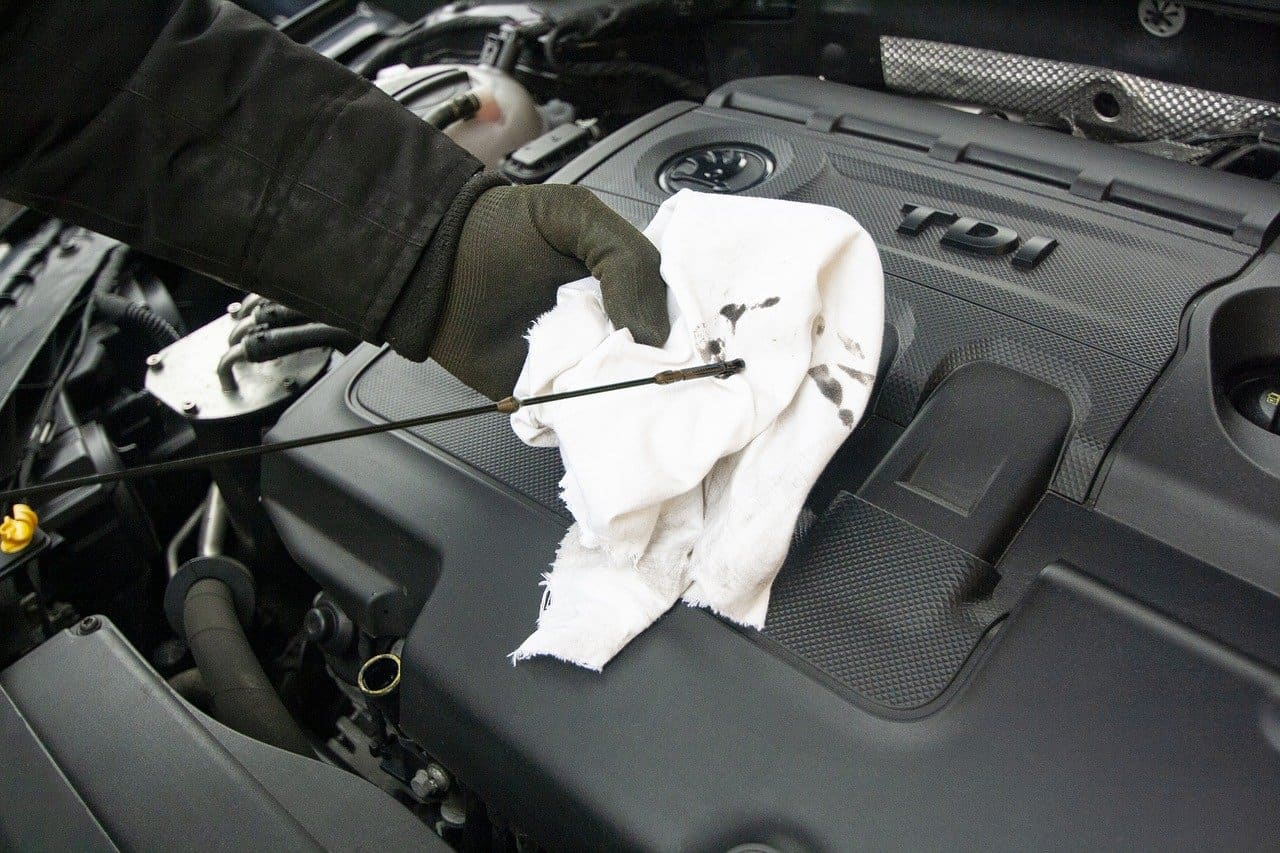
Diesel are great for long distance driving, supping less fuel than the traditional petrol engine. Diesel engines tend to have a lot of torque which makes them ideal for towing or off-roading.
Pro’s of a Diesel
- Generally better fuel economy so ideal for motorway and long-distances
- More torque which means they are great for towing
- Produce less CO2 emissions
- Newer Diesels avoid new Government charges for city driving
Negatives of a Diesel
- Pence per Litre tends to be higher than Petrol
- DPF Filters can prove an issue and expensive to fix
- Louder than Petrol Engines
- More Exhaust Fumes
Petrol Engines
Petrol engines have come a long way over the past few years, with turbo’s being added, the torque has increased whereas the engine capacity has generally decreased. Petrol engined cars tend to be cheaper than Diesel engined cars, which can be appealing depending on your annual mileage.
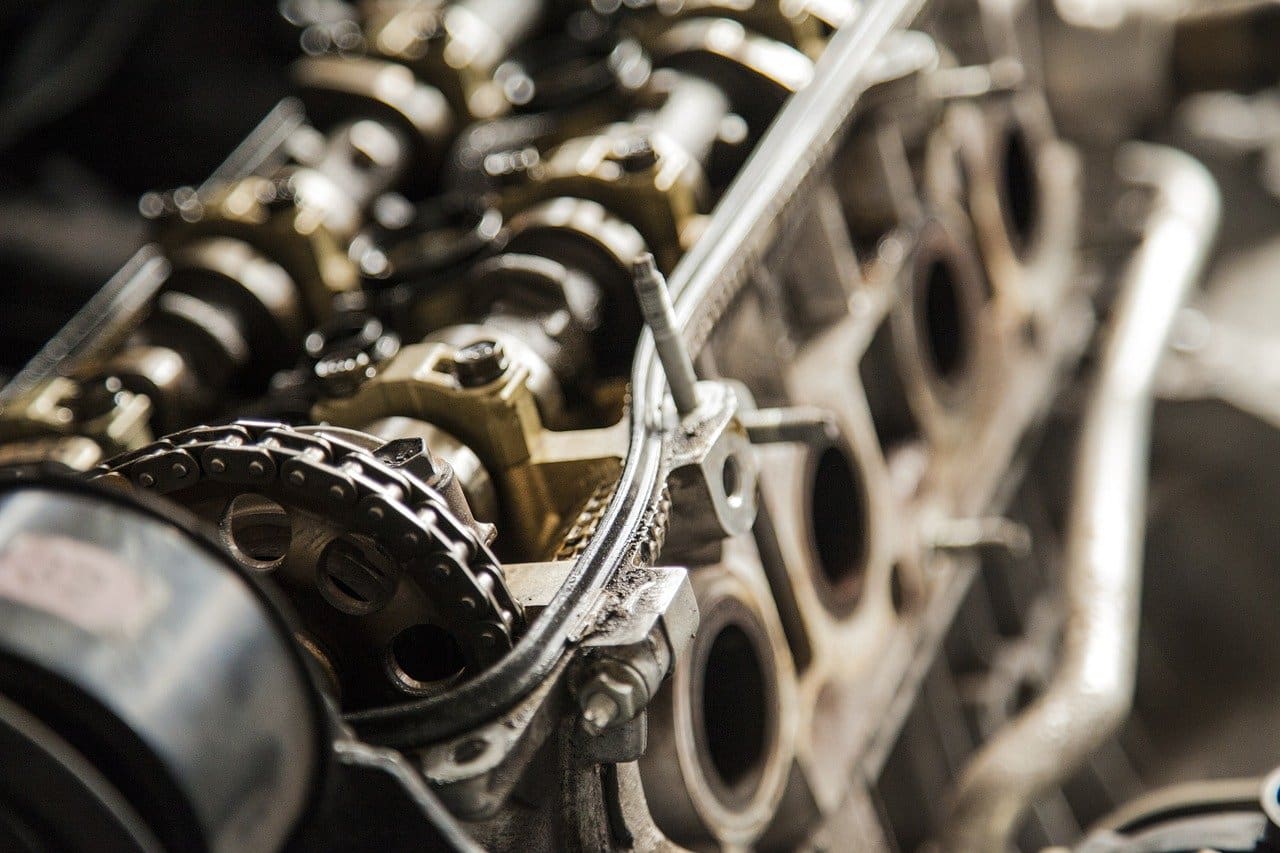
Petrol engines do kick out higher CO2 emissions than Diesel, but with the introduction of Mild Hybrids and the Stop-Start systems, this is getting lower over time.
Pro’s of a Petrol
- Better suited to short commutes and trips
- Petrol is cheaper at the pump than Diesel
- Less halmful fumes
- Quieter than Diesel Engines
Negatives of a Petrol
- Higher CO2 emissions
- Lower economy figures on a longer run
- Less torque so not always best for towing
Greener Vehicles
Alternative Fuel Vehicles are becoming extremely popular in the UK especially since the Government announcement on the banning of Petrol and Diesel car sales.
There are three main types of Green Vehicle available, we’ll cover them briefly below but we’ll include a link to our page dedicated to PHEV’s, BEV’s and HEV’s for each category:
Electric Cars
A fully electric car has no engine and works purely off its onboard electric motors. They do not produce any emissions and is currently the most environmentally friendly vehicle on the road.

Electric cars are also friendly on the wallet, especially when paired with an Energy Tariff such as Octopus Go or Agile to charge your car at the best times to get the lowest rates.
Battery technology is improving all of the time and some of the bigger cars such as the Tesla Model S Plaid can give you more than 390 miles out of a charge.
Plugin-Hybrids
Otherwise known as a PHEV, Plugin-Hybrid can be placed between a conventional Hybrid Vehicle (HEV) and a Fully Electric Car (BEV). Putting it simply, a Plugin-Hybrid Vehicle is a car that needs to be plugged in to charge the battery to power the electric motor, whereas a HEV (Conventional Hybrid) charges as you drive.
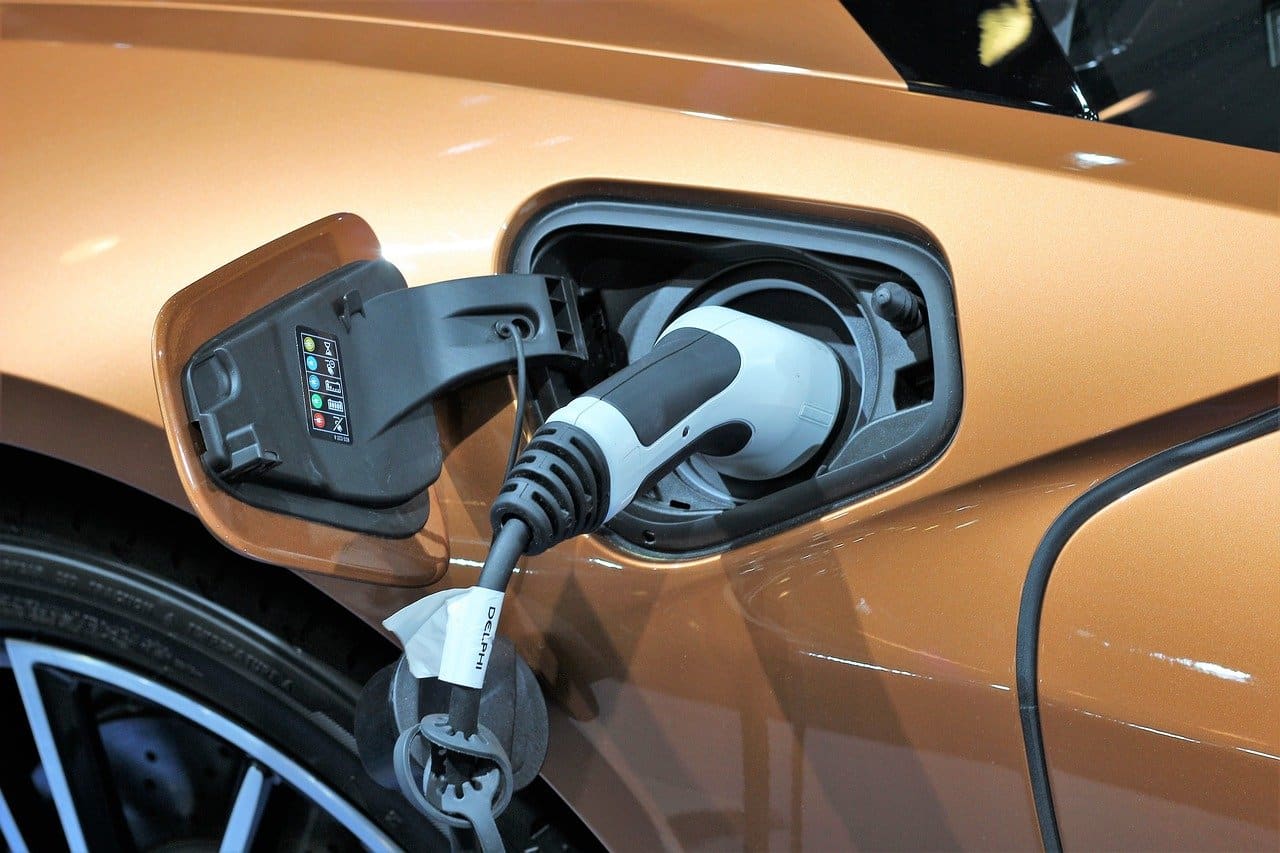
Whilst it is possible to charge the battery as you drive, so long as you are in the correct mode, a PHEV is more efficient by utilising the on-board battery and will have a greater range on pure electric driving.
When the car needs power from the combustion engine, the computer will start it and keep you moving where required.
Conventional Hybrid’s
Hybrid cars offer lower emissions than combustion engines and receive their power from both a traditional engine and an electric motor. The vehicle will generate electricity whilst you drive and also when you brake, using something called regenerative braking.
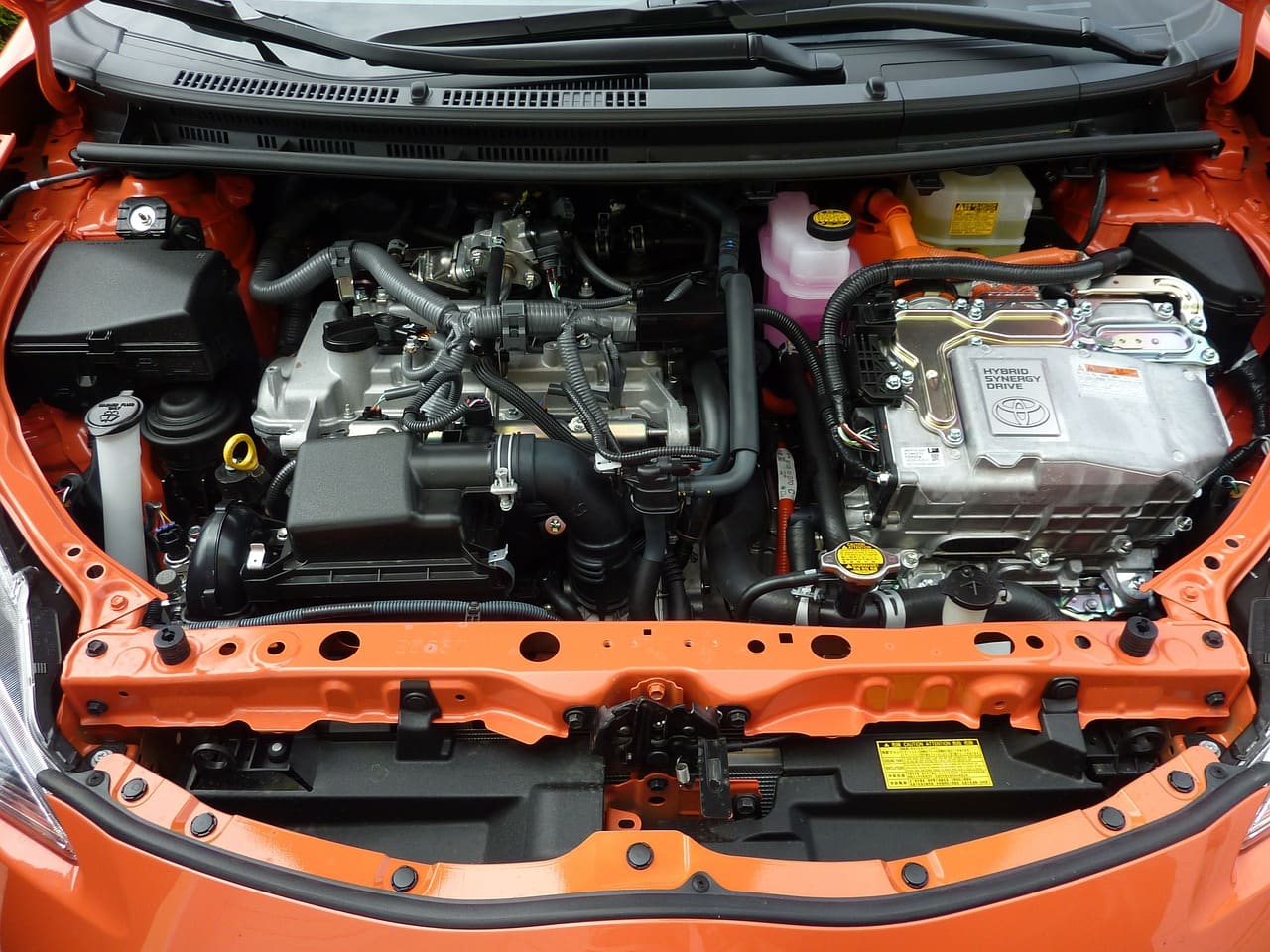
When you drive at lower speeds, the vehicle will use the power from the electric motor, when you need to go a bit quicker the vehicle will power up the combustion engine. The operation between the two is seamless.
Conclusion
There are a number of differences between Petrol, Diesel and those Greener vehicles and this will all depend on your journey styles. Whilst Alternative Fuel Vehicles are becoming more popular they don’t suit everyone.
Electric Cars are a fantastic vehicle, and the range is expanding every day but the hassle of top-ups and the availability of charging points can be off-putting unless you are driving a Tesla.
If you would like a short-term lease and you don’t mind fixing it into a contract of between 6-12 months, click the highlighted link. We also have a great range of flexible cars available, some of which are in physical stock.
If you would prefer a more traditional car lease over 2, 3 or 4 years have a look at our Find a Car Lease service, we do the hard work for you and compare quotes against 12 of the largest contract hire funders in the UK on top of the manufacturer based funders such as Alphabet, MBFS and VWFS.
Other Articles of Interest
Here are a few more articles that you might find interesting:
The post What fuel type should I choose? appeared first on Cocoon Vehicles Ltd.


